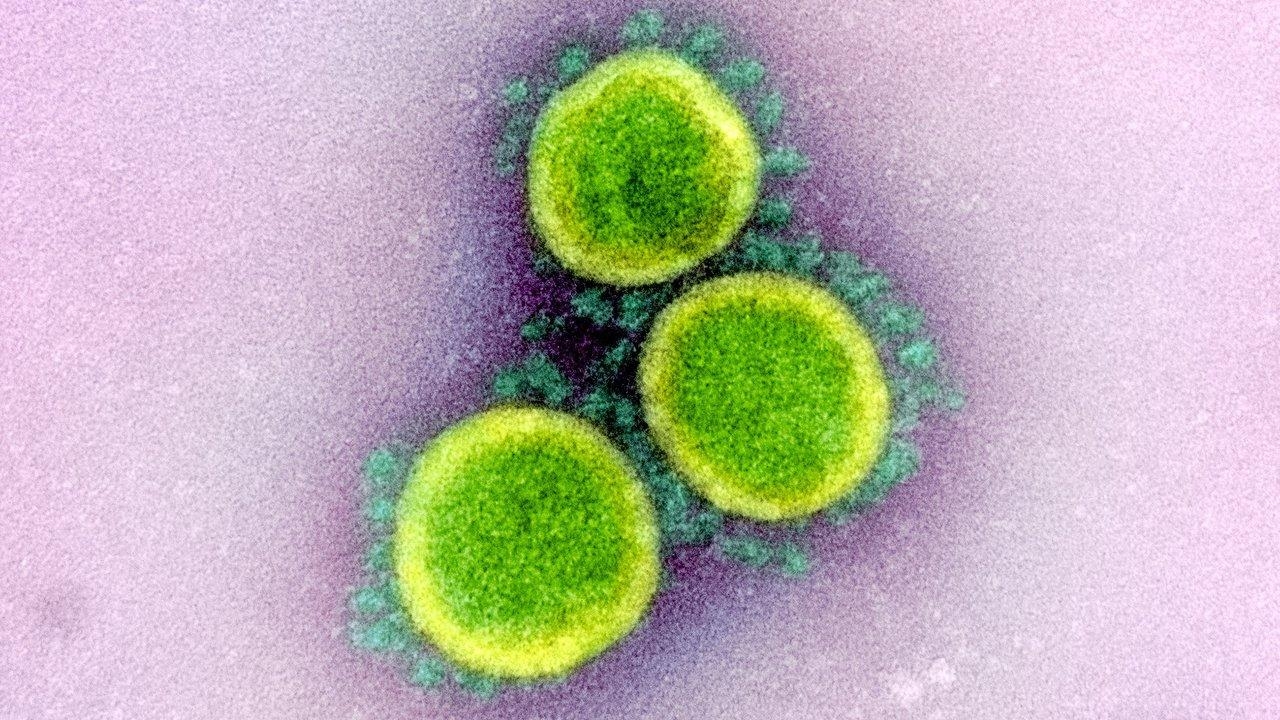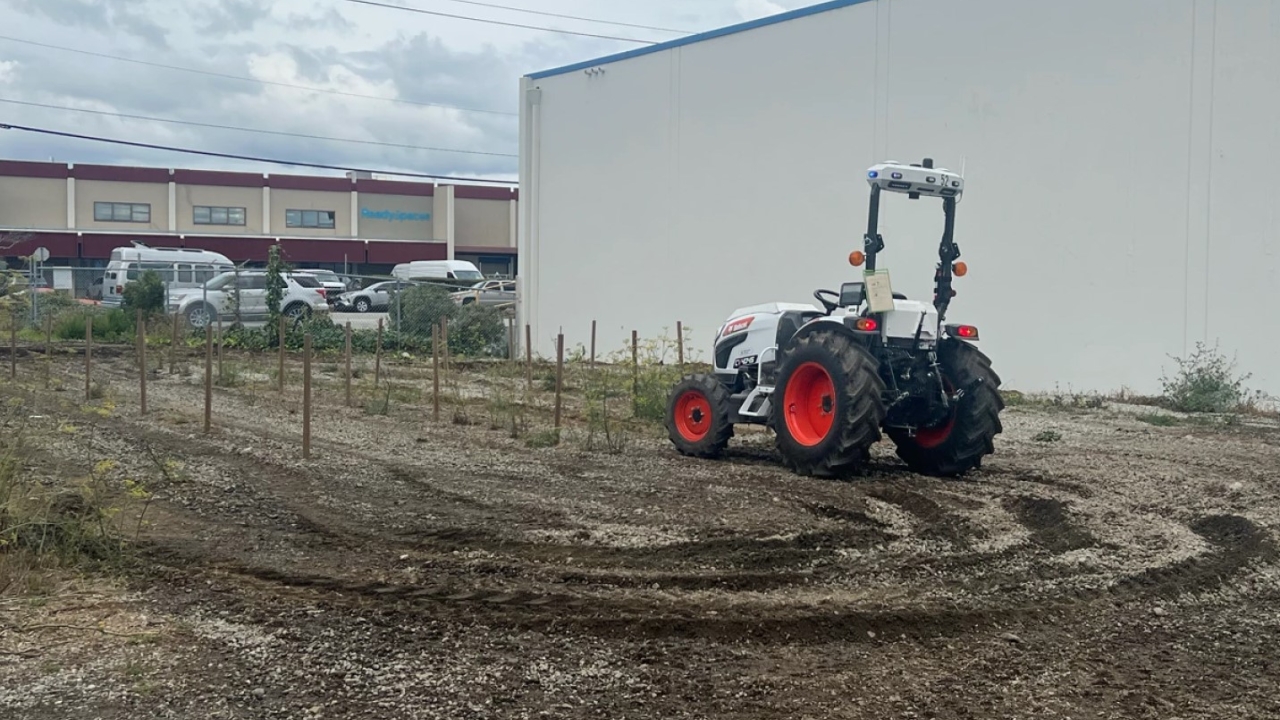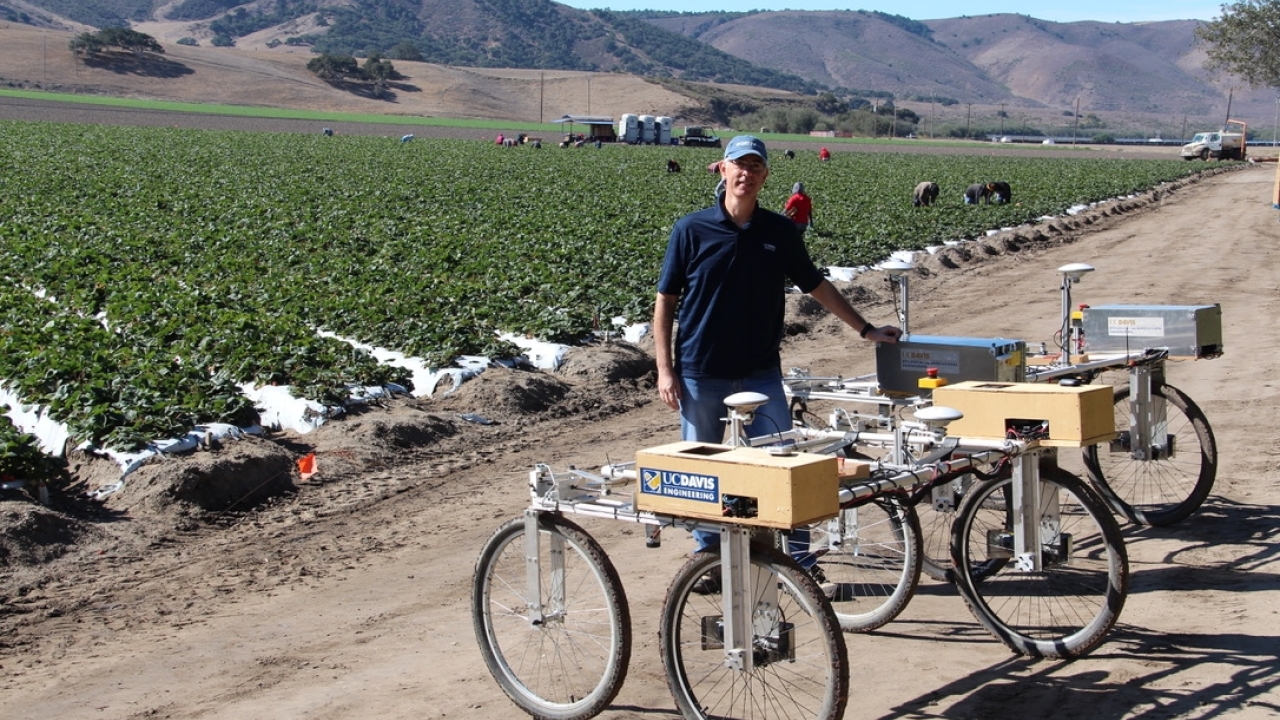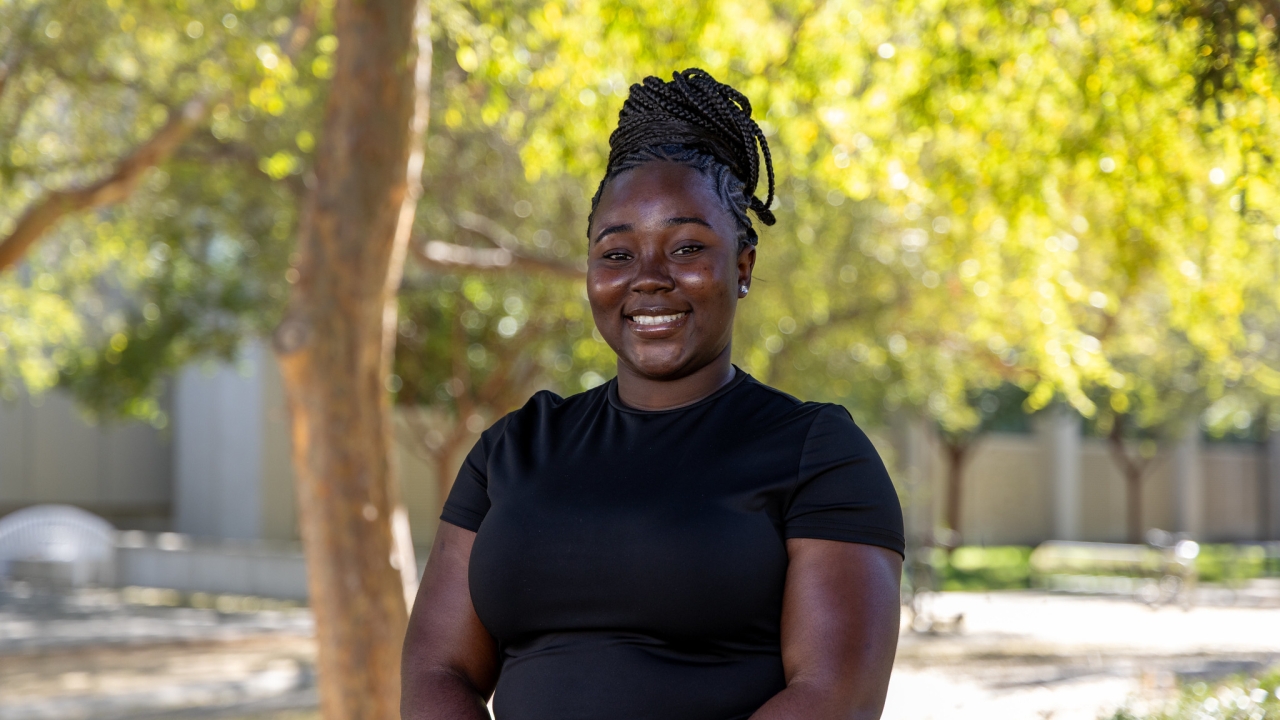
UC Davis Researchers Address the COVID-19 Pandemic
In response to the global pandemic, teams of UC Davis engineers are using their expertise to address challenges related to COVID-19 with the goal of helping people become safer, healthier and better-tested.
Preventing the spread of coronavirus through speech
Normal speech by individuals who are asymptomatic but infected with coronavirus may produce enough aerosolized particles to transmit the infection, according to chemical engineering Professor William Ristenpart and graduate student Sima Asadi. The duo published a paper showing the louder one speaks, the more particles are emitted and that some individuals are “superemitters” who give off up to ten times as many particles as others. Ristenpart and Asadi also recently set up experiments to measure the flow of particles from volunteers wearing different types of masks while they performed “expiratory activities” including breathing, talking, coughing and moving their jaw as if chewing gum. The results confirmed that masks and face coverings are effective in reducing the spread of airborne particles.
Using breath to predict COVID-19 cases
Mechanical and aerospace engineering Professor Cristina Davis and her team are using portable devices that capture people’s breath to look for chemical and biological markers, known as biomarkers, to identify and predict the severity of COVID-19 infections. Davis’ lab produces portable chemical sensing devices that record chemicals from the air or a person’s breath using mass spectroscopy. As part of an ongoing project with Nick Kenyon and Michael Schivo at the UC Davis Medical Center, the team has been conducting a clinical study with these devices to try to find early, asymptomatic biomarkers for the flu. When the pandemic began, they shifted their focus to COVID-19.
Making proteins for serological tests
Chemical engineering Assistant Professor Priya Shah and Professors Karen McDonald and Roland Faller are working to find new ways to produce COVID-19 spike proteins for serological tests for antibodies. Spike proteins are the little spikes that surround a coronavirus and make it look like a sun. These proteins are the virus’ tool for binding with cells. During an infection, antibodies go after these proteins to stop them from binding to cells. If a sample has these antibodies, they will identify and bind to the protein and the serological test will come back positive.
Reusable antiviral face masks
Biological and agricultural engineering Professor Gang Sun and his team are testing new antiviral chemicals for reusable face masks to protect hospital workers, first responders and essential employees on the front lines of the pandemic. Sun is a renowned researcher in textiles and fibers and has a legacy of innovation in personal protective equipment. His lab developed an antiviral fabric to combat the original SARS outbreak in 2002 that could be reused by recharging the chemicals with chlorine bleach between uses.
Privacy-preserving analysis of COVID-19 patient data
Distinguished Professor of Computer Science and UC Davis Vice-Chancellor for Research Prasant Mohapatra’s project aims to develop techniques for scientific data analysis in COVID-19 health and medicine contexts where, due to data sensitivity issues, limits need to be placed on underlying raw data used by analysts. Addressing this issue is now critical to facilitate COVID-19 data collection and use by researchers responding to the global pandemic. This project aims to evaluate, adapt and integrate “differential privacy” techniques with data-driven scientific workflows in health informatics, in conjunction and cooperation with the UC Davis Health System and other entities collecting COVID-19 data.
Low-cost, portable ventilators
Biomedical engineering Professor Tingrui Pan and Assistant Professor of Surgery Andrew Li are working with clinicians to create a simple, inexpensive ventilator. The prototype device consists of components already in hospitals including the ambu-bag, some 3-D printed components and a circuit board to control the pneumatic system. The device, named “AmbuBox,” is based on the ambu-bag, a handheld ventilation device. Squeezing the bag by hand pushes air into a patient’s lungs and provides the vital functions of a ventilator while being completely portable. The expensive ventilator systems that hospital use offer many more functions for specific high-needs patients, but by using a simplified device like the AmbuBox ventilator, doctors can provide basic functions for most patients while reserving more sophisticated equipment for patients who really need it.
Meeting community needs for COVID-19 testing
After graduation, biomedical engineering alumni Kyle Jacobs ’19 and Julia Loegering ’19 were looking for new ways to apply their engineering education as researchers in the lab of Nam Tran, associate clinical professor in the Department of Pathology and Laboratory Medicine at UC Davis. Shortly after the start of the pandemic, Tran became the lab director charged with overseeing all COVID-19 diagnostics at UC Davis Health. His lab was tasked with fulling supporting UC Davis Health in meeting community needs for COVID-19 testing. Jacobs and Loegering functioned as support for drug studies on COVID-19 patients by collecting samples for clinical teams validating antigen and antibody COVID-19 tests and conducting studies that developed new diagnostic COVID-19 assays to address shortages and provide further testing resources to the Sacramento community.
This story was featured in the Fall 2020 issue of Engineering Progress.




